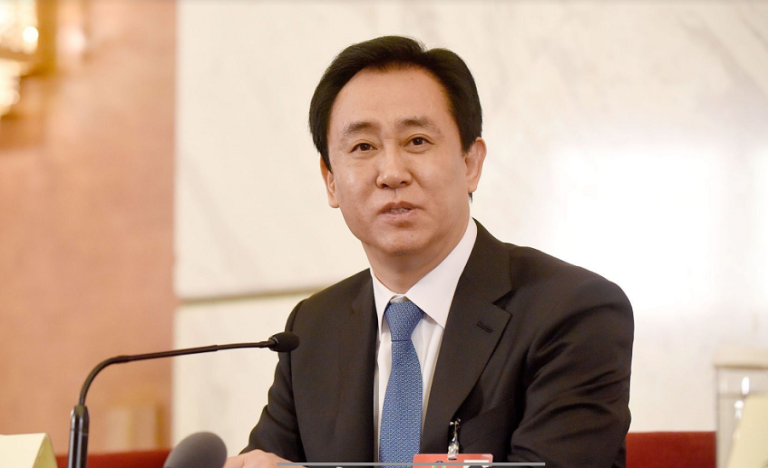In a landmark judgement that mirrors the troubles facing the Chinese real estate sector, a Hong Kong court has issued a liquidation order against China Evergrande Group on January 29.
This is coming six months after the company filed for bankruptcy in the United States.
China Evergrande Group which used to be one of the largest real estate developers in China reached a total liability of 2.44 trillion Chinese RMB, amounting to about $339.5 billion in 2022.
From the start of the company in 1996, it enjoyed an image as the poster child of the Chinese debt-driven real estate boom, once becoming the second largest property developer in China.
In 2021 and 2022, the group recorded a combined total loss of $81 billion, its first consecutive full-year losses since its listing in 2022. For H1 2023, despite an uptick in revenue, the company added another $4.5 billion in losses.
Evergrande Group’s financial woes
From being the poster child of the real estate boom, China Evergrande Group transitioned into being the poster child of the Chinese real estate bust in 2021.
The company is the largest casualty of the real estate bust that has dragged the Chinese economy to its lowest growth rates since the 1970s.
The group entered troubles in 2020 during the COVID induced economic crisis. Due to its weighty liability portfolio, in December 2021, the company defaulted on its bonds, causing the company to enter into negotiations with its creditors.
In June 2022, due to its inability to pay up to its creditors, one of its investors filed a lawsuit before Judge Linda Chan in Hong Kong seeking to liquidate the company if it’s unable to pay back his $110 million.
Today, January 29, Linda Chan ruled that the company should be wound-up.
What you should know
This is not the first time since 2021 that a Hong Kong court will issue a liquidating order for a Chinese real estate developer. Evergrande Group being the third company in such situation, after Jiayuan International and Yango Justice International Limited.
According to Bloomberg, insolvency proceedings in Hong Kong face constraints in terms of acknowledgment within China, where local courts retain the authority to designate administrators within their respective jurisdictions.
This raises a question about what kind of compensation the holders of $17 billion in Evergrande dollar bonds might get under the company’s restructuring plan.

